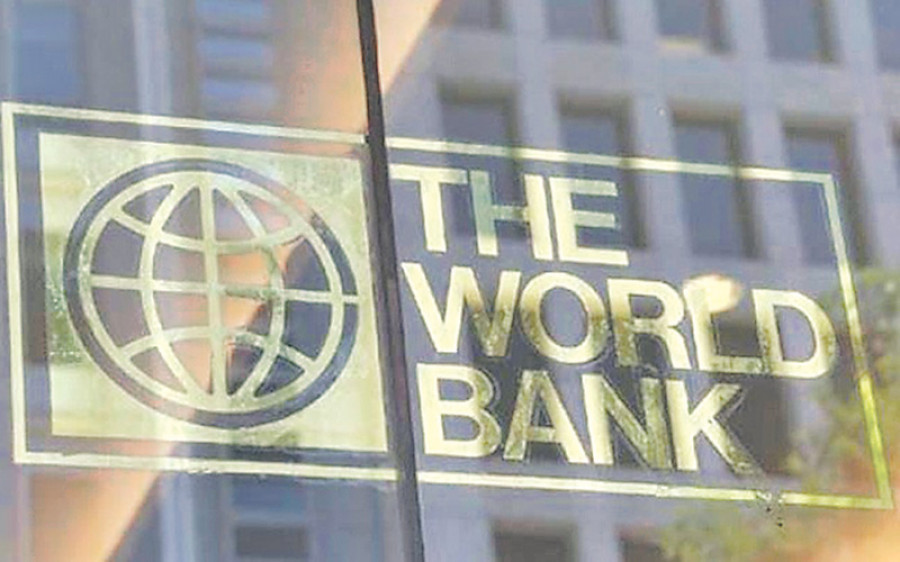Money
World Bank, Rural Reconstruction Nepal sign $4.5 million grant pact
The pact will help create livelihood opportunities and increase the income of forest-dependent indigenous people and communities in the Madhesh and Lumbini provinces through a dedicated funding mechanism.
Post Report
The World Bank and Rural Reconstruction Nepal signed a $4.5 million grant agreement to strengthen the capacity of indigenous peoples and local communities in Nepal’s forest sector.
The five-year dedicated grant mechanism for indigenous peoples and local communities in Nepal project will help enhance the capacity of indigenous peoples and local communities to participate in Nepal’s REDD+ (Reducing Emissions from Deforestation and Forest Degradation) processes at the local, national, and global levels for the sustainable management of forests, the multilateral funding agency said in a statement.
“This will help create livelihood opportunities and increase the income of forest-dependent communities in the Madhesh and Lumbini provinces,” it said.
Rural Reconstruction Nepal is the national executing agency for the project.
The agreement was signed by Lada Strelkova, World Bank Operations Manager for Maldives, Nepal, and Sri Lanka, and Arjun Karki, president of Rural Reconstruction Nepal.
“This project supports Nepal’s indigenous peoples and local communities through a dedicated funding mechanism that will promote and protect their customary institutions that are crucial for the sustainable management of natural resources and climate resilience,” said Strelkova.
“The project contributes significantly to Nepal’s transition to Green, Resilient, and Inclusive Development (GRID) for sustainable recovery, growth, and jobs.”
“The project provides much-needed support to forest-dependent indigenous peoples and local communities to enhance their resilience and build livelihoods through the small-scale forest and non-forest-based business and employment opportunities,” said Karki.
Indigenous peoples and local communities are both beneficiaries and active proponents and participants in the project, the World Bank said.
“This project is an excellent example of the innovation and leadership of indigenous peoples and local communities in Nepal,” said Meerim Shakirova, Natural Resources Management Specialist at the World Bank.
“Notably, it demonstrates that they can lead the design and implementation of development projects, meeting the expectations of the communities they represent as well as the requirements of the World Bank, donors, and partners.”
“Indigenous peoples and local communities in Nepal are a critical pillar for climate action. I believe that the project will improve their capacity and skills to have a greater role in forest-related decisions at the country and international levels,” said Bharati Pathak, Co-chair of the National Steering Committee.




 9.7°C Kathmandu
9.7°C Kathmandu














